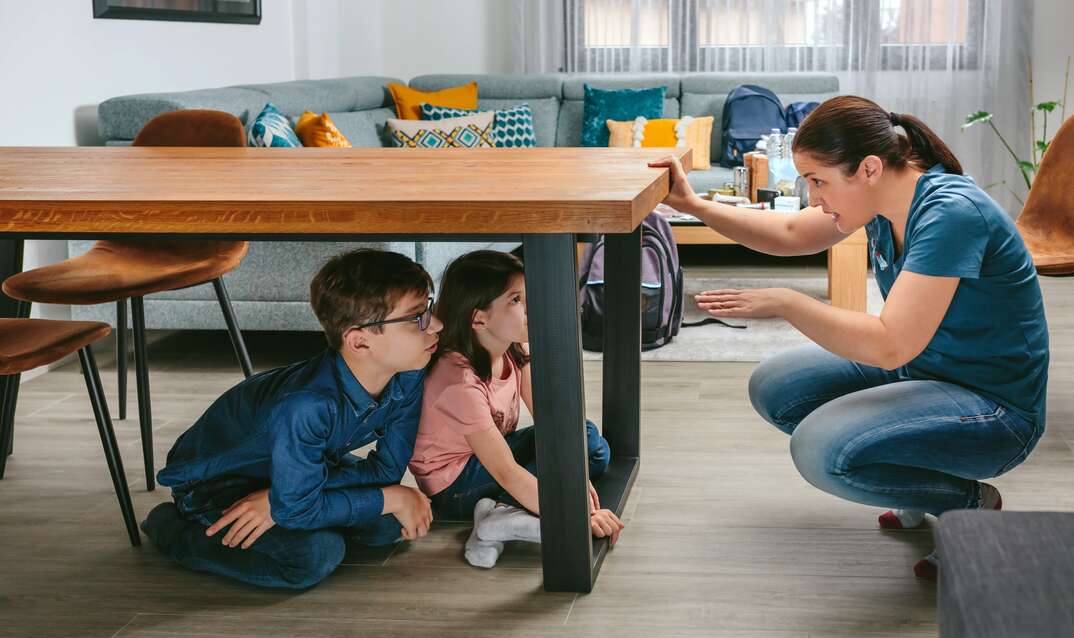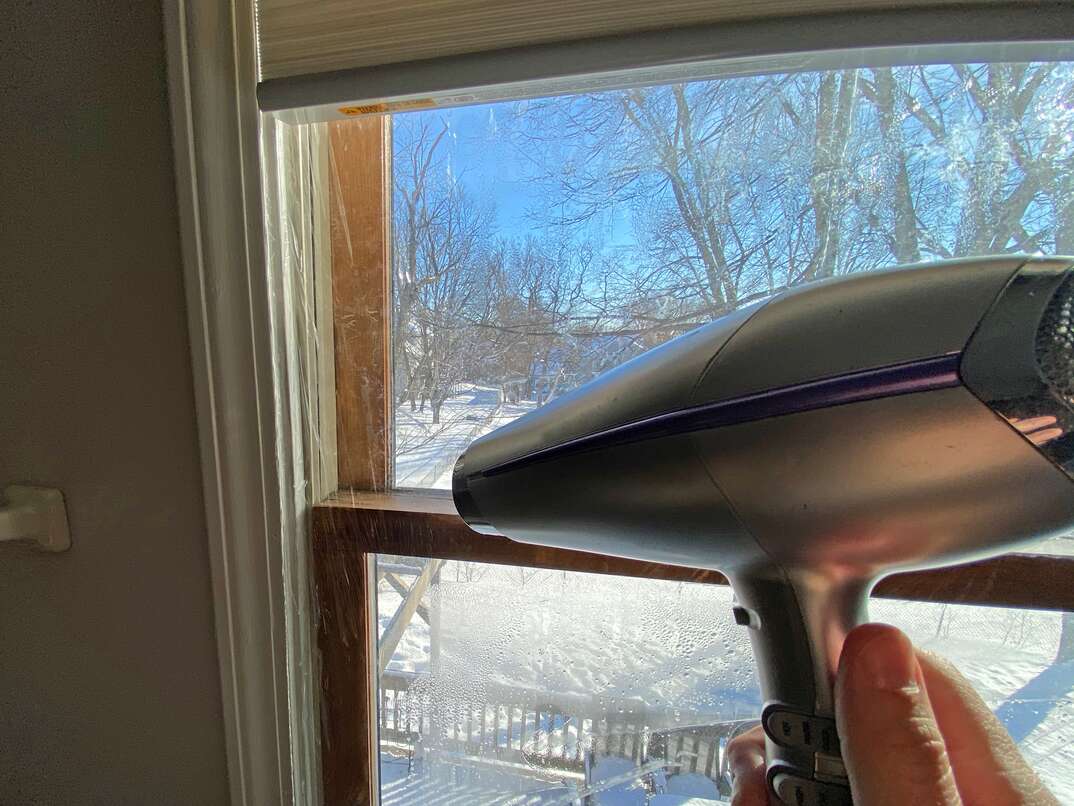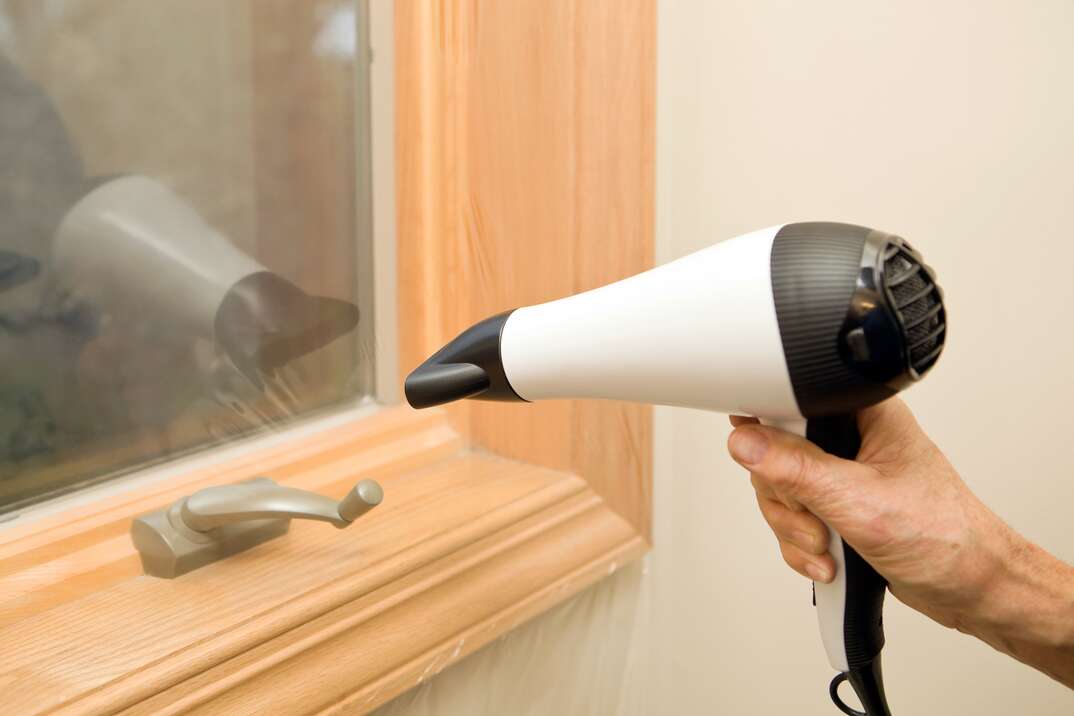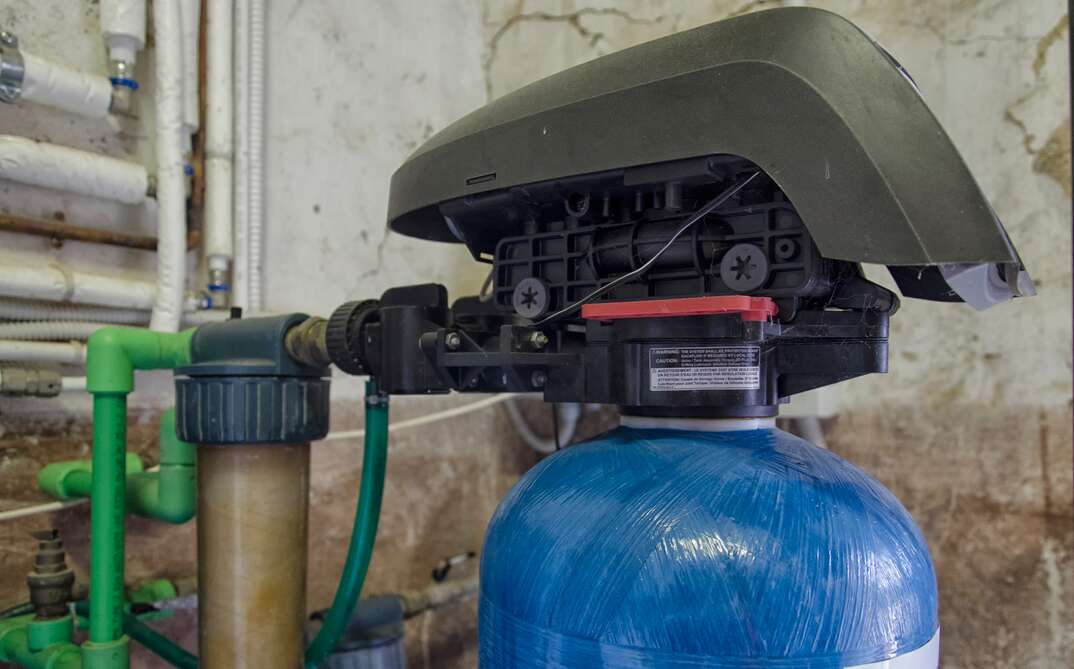How to Prepare for an Earthquake

If you start to feel the earth move under your feet, what do you do? You might not be able to prepare for the scare you get when an earthquake happens suddenly, but when you prepare your home and family for earthquakes, you can minimize the impact.
This May Also Interest You: Earthquake Insurance: What It Covers and How Much It Costs
Ready yourself with earthquake safety information if you live in an area that's susceptible to this type of natural disaster.
If You Live in an Earthquake-Prone Area, Prepare Your Home
Earthquakes can range from subtle rumbles that you can barely feel to destructive quakes that damage buildings, start fires and set off other natural disasters, such as landslides. Alaska and California experience more earthquakes than other states, with California receiving the most earthquake-caused damage. However, many other states can also experience an earthquake. Follow these tips for how to prepare for an earthquake to protect yourself.
Step 1: Create a Plan
Does your family know what to do during earthquakes? Creating a plan based on earthquake safety information can reduce confusion during an emergency and help your family stay safe. Talk about what to do when an earthquake strikes.
Don't forget plans for different locations, such as inside versus outside playing. Your plan might also vary based on what room you're in. Choose a spot to go in each room so you're prepared no matter where you are when the shaking starts.
Step 2: Practice What to Do
Doing regular earthquake drills can prepare your whole family for the situation. Practice dropping to your hands and knees, covering your head and holding on during the earthquake. Run the drill in different rooms so you're not left scrambling based on where you are.
It's also a good idea to practice things like shutting off your utilities or at least locating the shut-offs and knowing how to use them. If there's damage after the earthquake, you might need to shut off your utilities, like your gas and water, until repairs happen. Make sure everyone knows where the fire extinguishers are located and how to use them. Taking first aid and CPR classes can also be beneficial after an earthquake.
Step 3: Secure Heavy Items
During larger earthquakes, many things in your home can fall over. This includes tall shelves, TVs, cabinets and appliances. You can get various types of straps, hooks and similar devices to anchor those items to the wall before an earthquake strikes. Doing this simple upgrade can prevent serious injuries and damage to your home from falling items.
More Related Articles:
- What You Need to Know About Gas Safety
- 5 Tips for Carbon Monoxide Safety
- How to Prepare For a Wildfire
- Protect Your Home with These Security Systems
- Wood-Burning Stove and Fireplace Safety
Step 4: Stock Your Home
You could be stuck at home for several days after an earthquake if it causes serious damage. Stockpiling emergency supplies can make that time easier. Food, water and prescription medications are three of the most important things to have available. The American Red Cross recommends having a go kit that you can take along if you need to evacuate with at least three days of supplies and a home kit with two weeks of supplies if you're stuck at home. It also recommends having a bed bag near your bed with shoes, flashlights, whistles, masks and other supplies you might need if you're sleeping when an earthquake starts.
Give yourself a way to communicate and stay connected by having a battery-powered radio and portable phone chargers. Stock up on batteries for all essential items in your home.
Step 5: Explore Structural Improvements
Newer homes in earthquake-prone areas are often built with increased defenses against damage, but older homes might not have those same features. Having your home evaluated can reveal weaknesses that could make it more susceptible to damage. Earthquake retrofitting on older homes can secure the structure and reduce the risk of damage or shifting. Modifications to your home are often costly, but they could prevent your home from becoming a total loss.
Step 6: Consider Earthquake Insurance
Regular home insurance typically doesn't cover damage caused by earthquakes. If you live somewhere that's prone to earthquakes, look into buying a special earthquake insurance policy. This can prepare you financially in case your home sustains damage during an earthquake.


